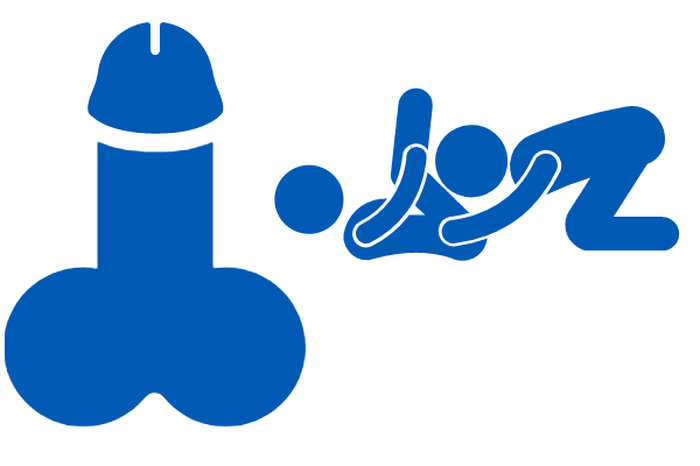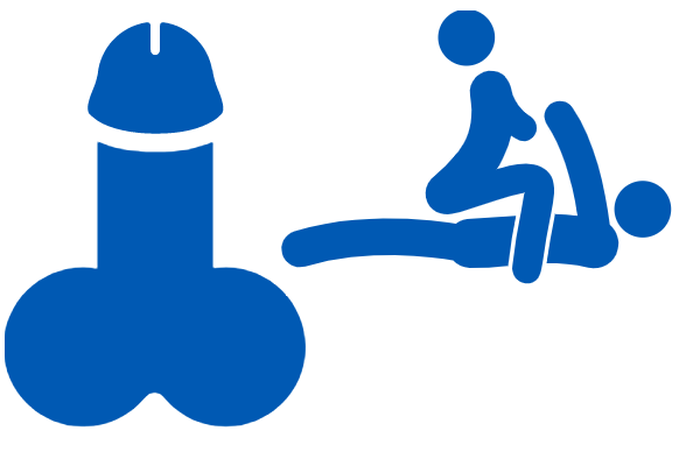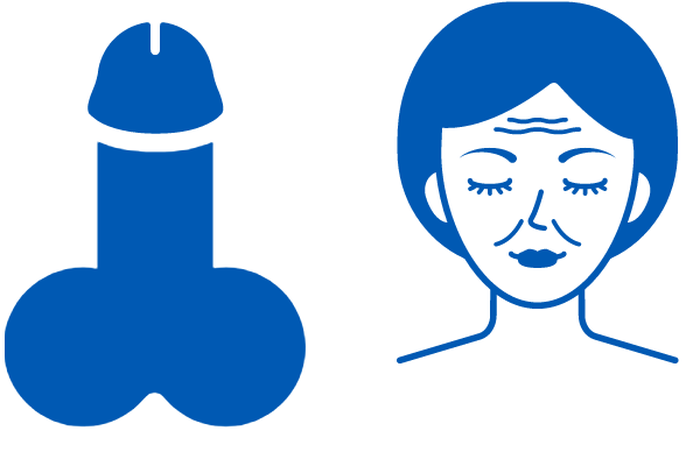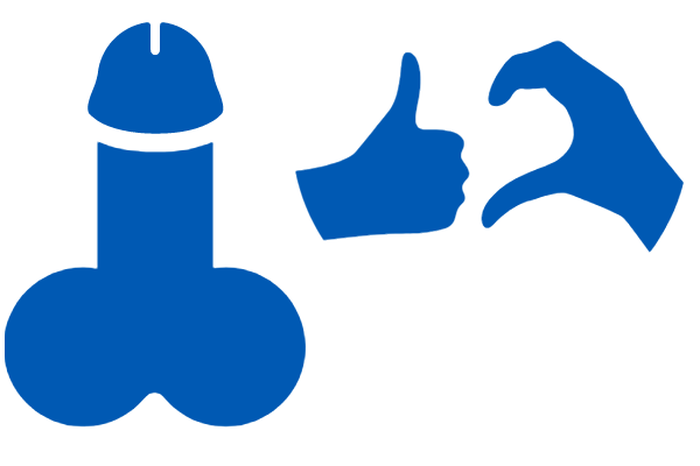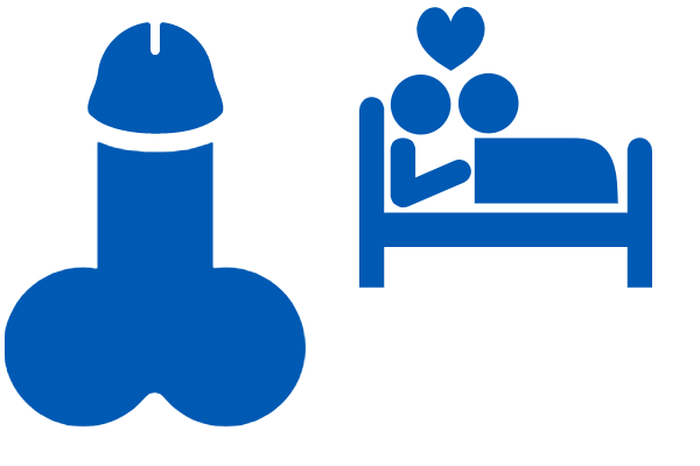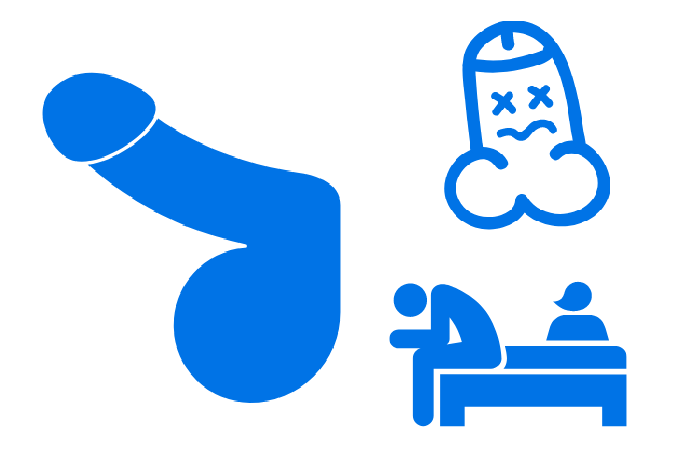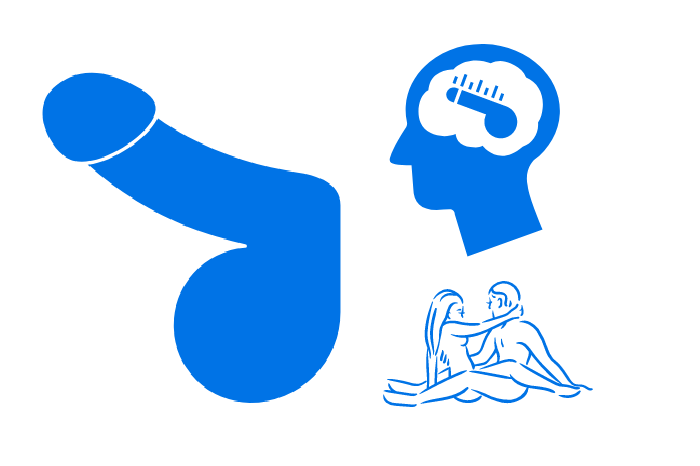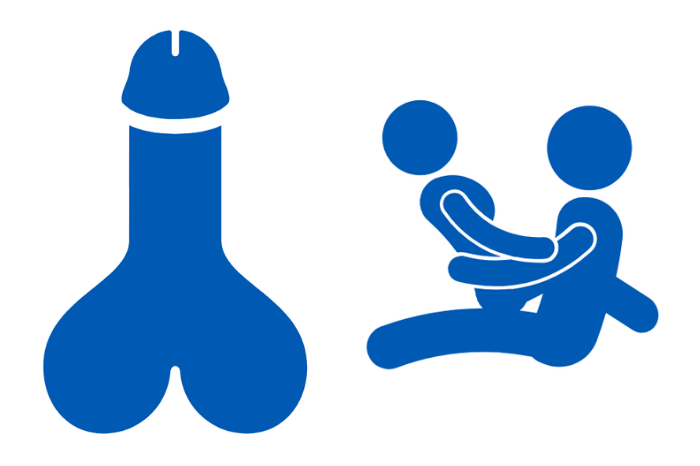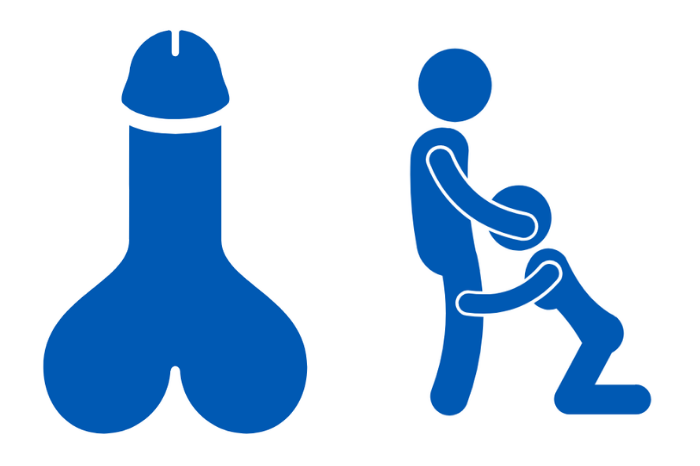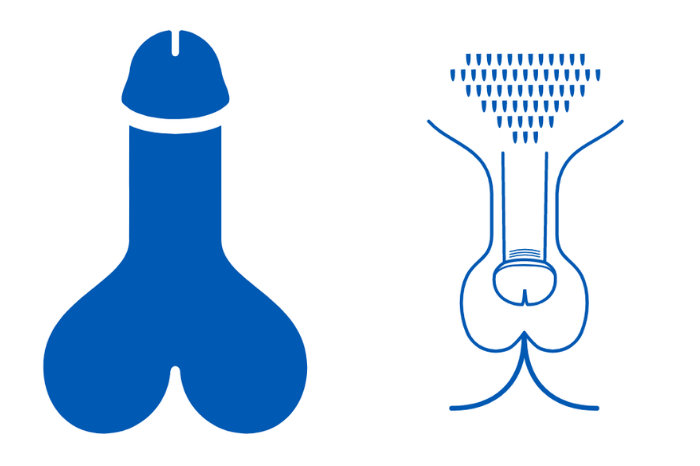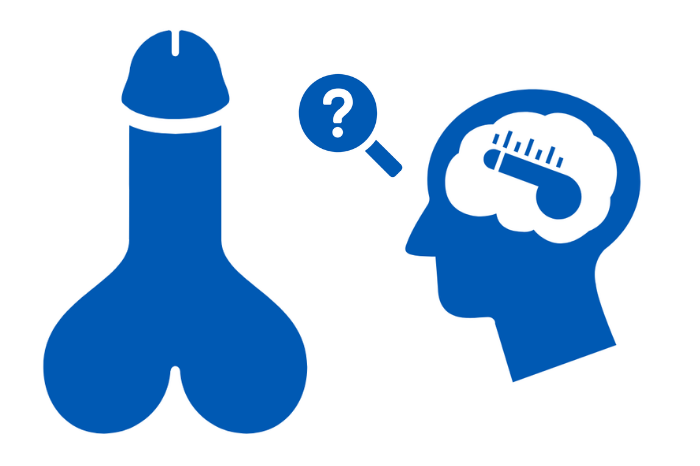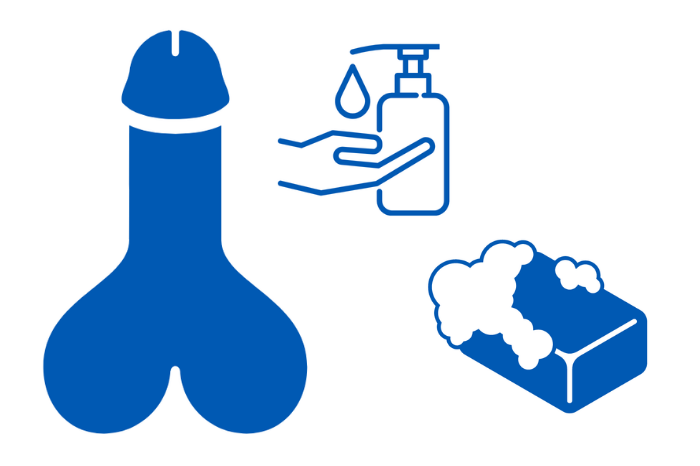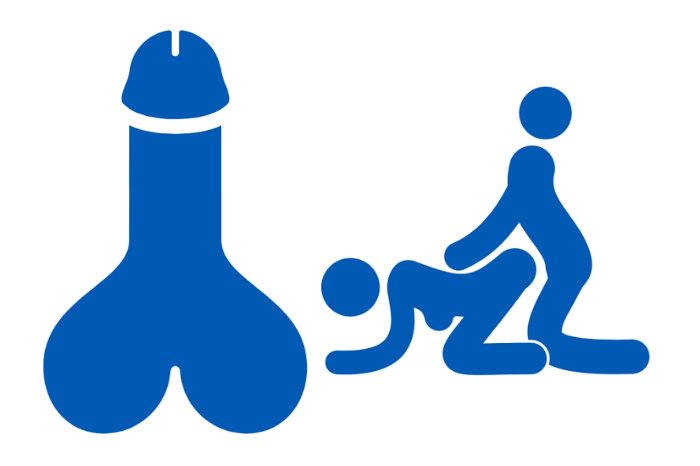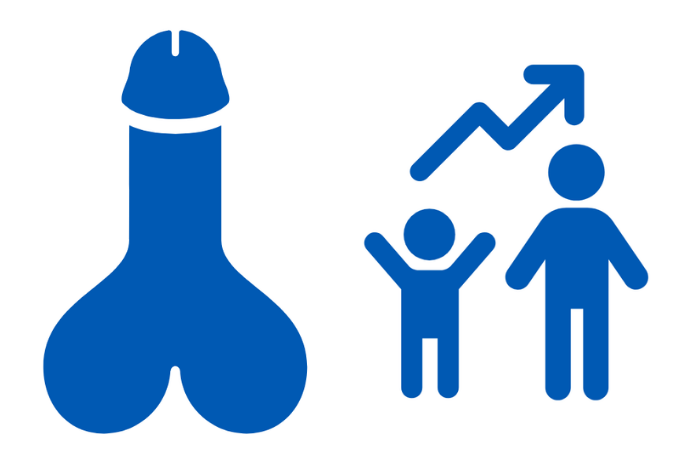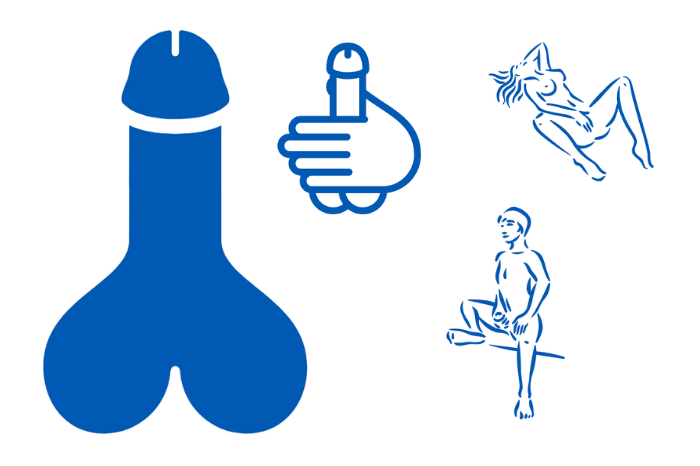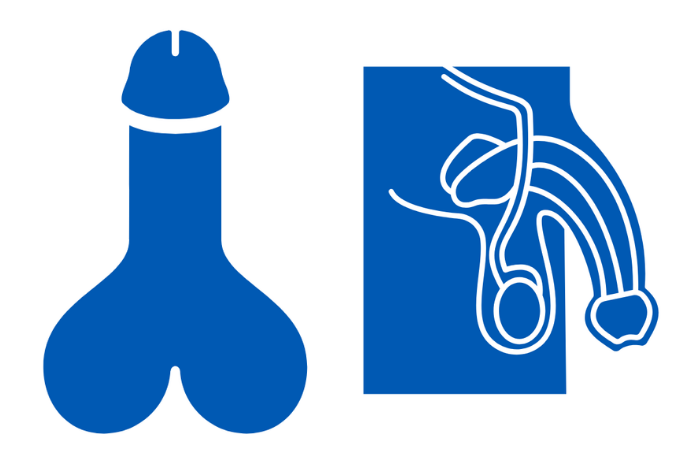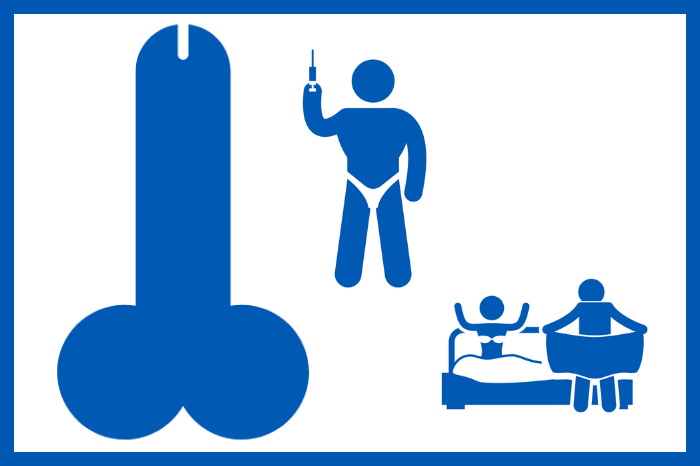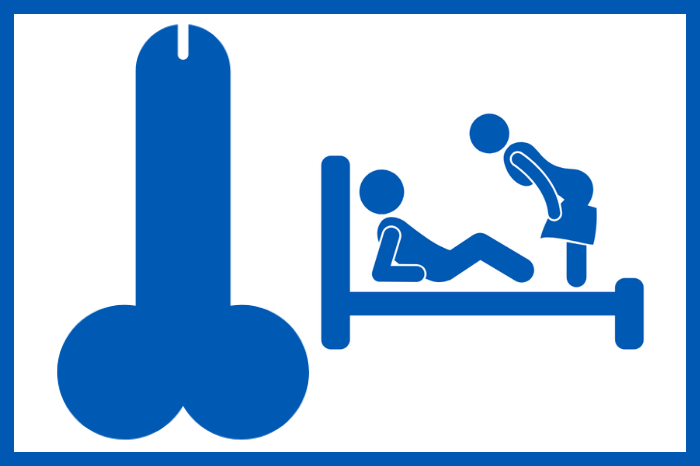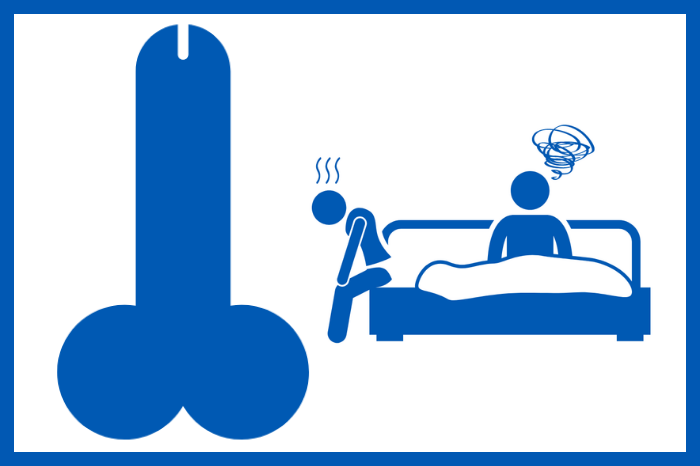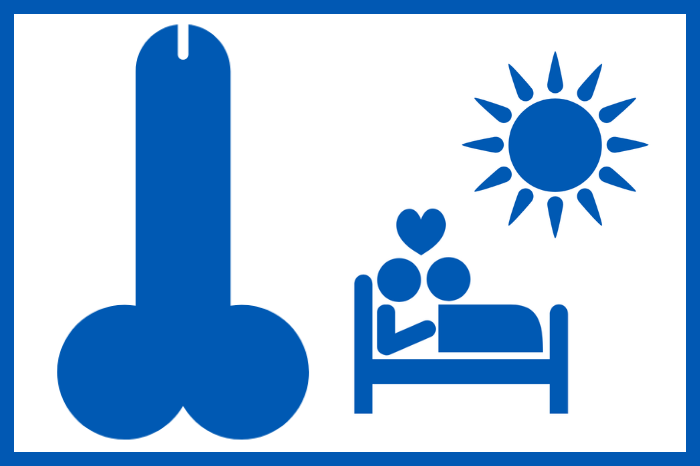How do I know if I'm a bisexual man? Science says the answer is more complex
What makes a man bisexual? Is it simply being sexually aroused by women and men? Or is it more to do with self-identity? Well, science is far from settled on this topic.
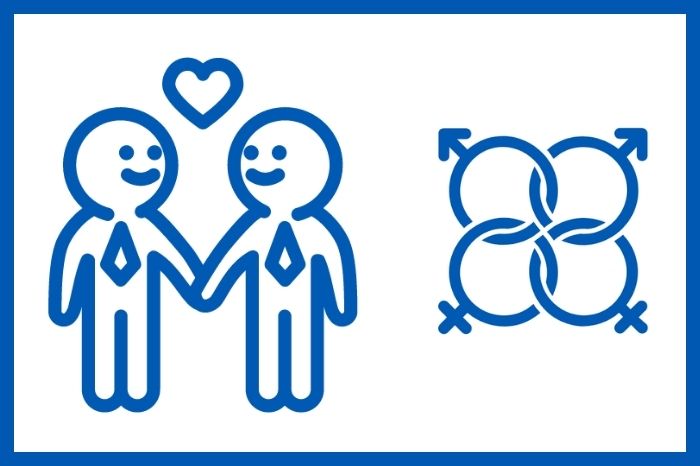
There is a current of thought that believes that bisexual men are actually unassuming homosexuals, or simply confused about the nature of their sexuality. Other researchers claim that bisexual men are actually attracted to both men and women.
The complexity of bisexuality
In 2005, in a bold study conducted by J. Michael Bailey, 30 men who identified as heterosexual, 33 bisexual and 38 homosexual participated. They were attached to a ring that encircled their penises with the intention of measuring their level of genital arousal when shown sexually suggestive images of men and women.
The study's findings were controversial. It was found that most men who said they were bisexual responded with a greater tendency to homosexuality in terms of genital arousal. This assumed that bisexuality "appears to represent primarily a style of interpreting or reporting sexual arousal rather than a distinct pattern of genital sexual arousal."
The broader implication of the study was that bisexuality in men was being disqualified as a sexual orientation. According to the study team, the men who identified as bisexual were just homosexuals who chose to identify as bi, perhaps for a number of different reasons.
The case of bisexual identification is complex, as is any other form of sexual orientation. Is bisexuality an identity or a case of adaptive flexibility? A simple answer to that would be: everyone likes what they like and that's okay! However, there are a few reasons why a homosexual man might identify as something in between.
Some men who are attracted to other men may not want to risk their social or cultural standing by fully identifying as homosexual. So they can make exceptions when attraction to men in certain environments is acceptable.
For example, men who are married or have heterosexual relationships and do not want to identify as homosexual to their partners, otherwise they believe that they would be putting their family's reputation at risk or that it would lead to separation. Therefore, such a person may "discreetly" engage in homosexual activities, but this leads him to think that he is bisexual.
Another reason a man might falsely identify as bisexual is to be included in the LGBT community. This might sound strange to some people, as the idea that a straight person pretending to be attracted to someone of the same sex seems unrealistic. However, this really can happen. Perhaps there is some benefit to someone who chooses to lie and say they are bisexual in order to get a job, increase their social or political standing, or simply adapt to current cultural trends.
These are just a few reasons; there are many, many others.
Should science study bisexuality?
The findings of the 2005 study led to more research into bisexuality in men. Even J. Michael Bailey decided to review his original findings and take a more comprehensive look at male bisexuality. Bailey participated in a review of her own work and other studies.
In a paper published through the Proceedings of the National Academy of Sciences, researchers determined that men who identify as bisexual actually exhibit genital arousal towards both men and women.
The original study had few participants, but the review included findings from eight other studies. The conclusions drawn from this review study were much more widespread. The only problem is the criteria by which the researchers judged sexual perception.
However, the researchers agreed that genital arousal occurred in study participants who identified as bisexual, and therefore bisexuality in men exists.
But why are scientists trying to determine if bisexuality is real? Should scientists try to validate a person's sexual orientation?
The idea that this must first be validated by science is condescending and ethically questionable.
Scientists must study social behavior and sexuality. Challenging scientific theories and notions is exactly how to reach a more comprehensive understanding. In the case of male bisexuality, scientific research should have taken into account a broader range of participants' lived experiences and perspectives.
Researchers should focus less on whether a person's sexual orientation is actually true, but more on the nature and characteristics of the real person. In other words, sexual arousal alone does not define a person. But it serves to illuminate your personal expression and expands your capacity to love.
For now, perhaps studies shouldn't focus on trying to identify whether bisexuality is real. The main reason for this is that so many men already identify as bisexual. So it's real because they say it's real.
So how do I know if I'm bisexual?
For you who ask yourself: "How do I know if I'm bi?" or you're already saying to yourself, "I think I'm bisexual!" think the following:
- Do you imagine yourself being emotionally involved with men and women as well?
- Eliminating all influences, interferences and beliefs from the society around you, do you feel emotionally attracted to men and women?
If the answer is yes, I believe you are bisexual. But, as we have seen, it may not be so simple to determine this.
The problem is that we feel the need to conform to labels and standards. This is something common because it is human nature, we are social beings. But at the same time it ends up confusing and even oppressing us.
For you who have come this far and are still not sure about your sexuality, just live the way you feel best about yourself, be true to yourself and feel free to love whoever you want!
